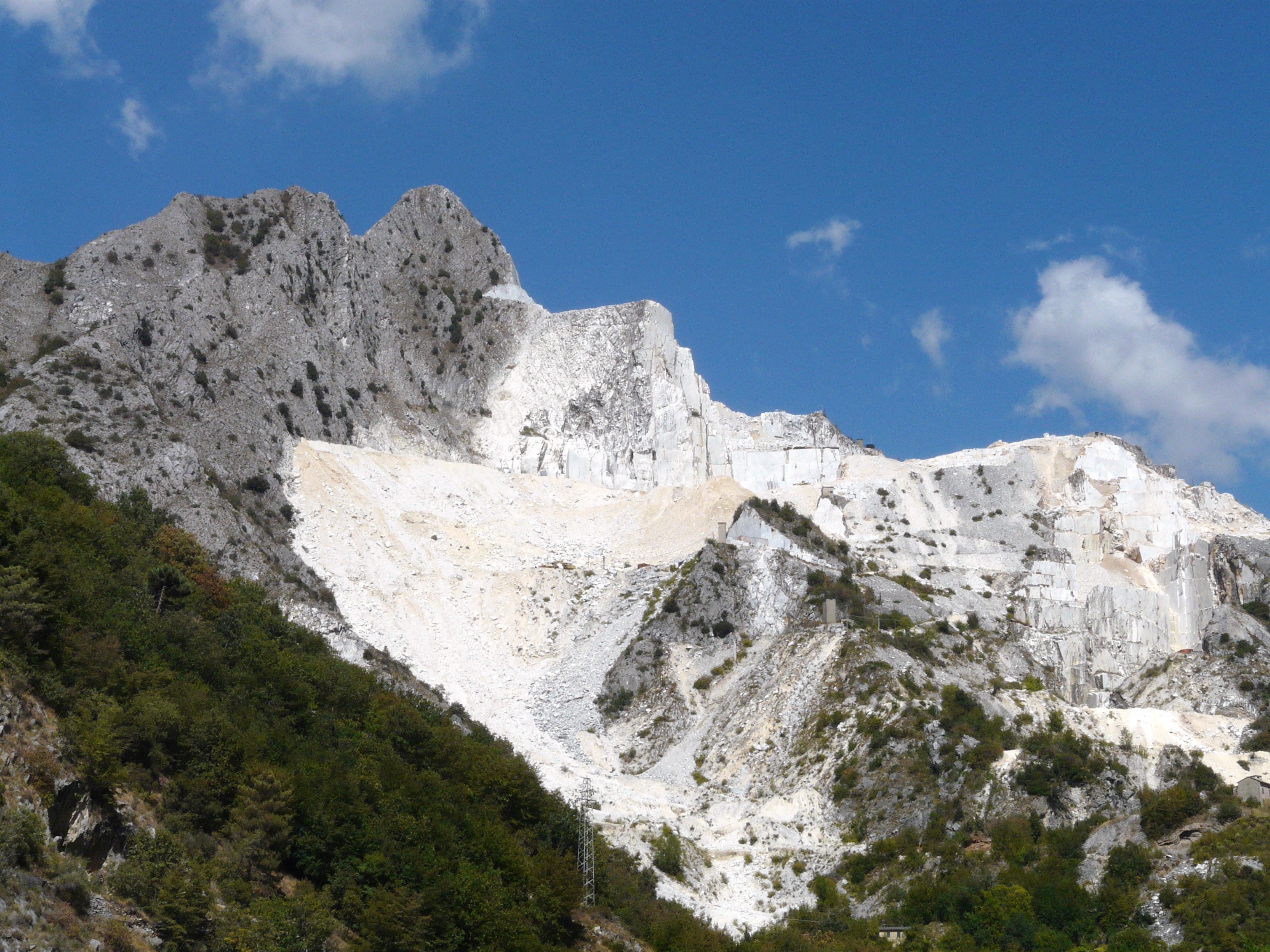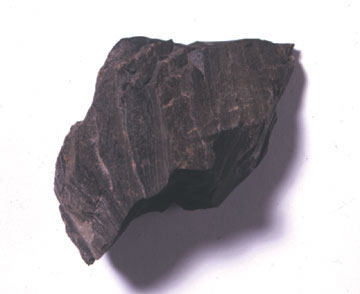|
Willunga, South Australia
Willunga is a town located to the south of Adelaide, South Australia in the City of Onkaparinga local government area, 47 km from the Adelaide city centre. This town has been considered a suburb of the Adelaide metropolitan area, and it is located within the McLaren Vale wine-growing region. In the 2016 census, Willunga recorded a population of 2,308. Willunga is connected to the town of McLaren Vale by a cycle path running along a former railway line and is nearby to the beaches of Aldinga Bay. Multiple festivals are hosted in Willunga, including the start and finish of the fourth leg of the Tour Down Under, the Fleurieu Folk Festival, the Almond Blossom Festival, and the Willunga Christmas Tree Festival. History Historically, Willunga is well known for its slate industry, which began in 1840 when a farmer named Edward Loud found slate on his property and later that year opened the first slate quarry. The name Willunga derives from the Aboriginal word ' willangga' m ... [...More Info...] [...Related Items...] OR: [Wikipedia] [Google] [Baidu] |
Adelaide City Centre
Adelaide city centre (Kaurna: Tarndanya) is the inner city locality of Greater Adelaide, the capital city of South Australia. It is known by locals simply as "the City" or "Town" to distinguish it from Greater Adelaide and from the City of Adelaide local government area (which also includes North Adelaide and from the Park Lands around the whole city centre). The population was 15,115 in the . Adelaide city centre was planned in 1837 on a greenfield site following a grid layout, with streets running at right angles to each other. It covers an area of and is surrounded by of park lands.The area of the park lands quoted is based, in the absence of an official boundary between the City and North Adelaide, on an east–west line past the front entrance of Adelaide Oval. Within the city are five parks: Victoria Square in the exact centre and four other, smaller parks. Names for elements of the city centre are as follows: *The "city square mile" (in reality 1.67 square miles ... [...More Info...] [...Related Items...] OR: [Wikipedia] [Google] [Baidu] |
List Of Adelaide Suburbs
This is a list of the suburbs of Adelaide, the capital city of South Australia, with their postcodes and local government areas (LGAs). This article does not include suburbs and localities within the Adelaide Hills region. Adelaide's most expensive properties, in terms of sales prices, are mainly located in the inner northern, eastern and southern suburbs, largely because of their proximity to the city centre and private schools, and the array of historic homes within them. See also * Local government areas of South Australia * List of Adelaide railway stations * List of Adelaide obsolete suburb names * List of historic houses in South Australia *List of Adelaide parks and gardens References {{Suburb lists in Australia Adelaide Adelaide ( ) is the capital city of South Australia, the state's largest city and the fifth-most populous city in Australia. "Adelaide" may refer to either Greater Adelaide (including the Adelaide Hills) or the Adelaide city centre. ... [...More Info...] [...Related Items...] OR: [Wikipedia] [Google] [Baidu] |
Aboriginal Australians
Aboriginal Australians are the various Indigenous peoples of the Australian mainland and many of its islands, such as Tasmania, Fraser Island, Hinchinbrook Island, the Tiwi Islands, and Groote Eylandt, but excluding the Torres Strait Islands. The term Indigenous Australians refers to Aboriginal Australians and Torres Strait Islanders collectively. It is generally used when both groups are included in the topic being addressed. Torres Strait Islanders are ethnically and culturally distinct, despite extensive cultural exchange with some of the Aboriginal groups. The Torres Strait Islands are mostly part of Queensland but have a separate governmental status. Aboriginal Australians comprise many distinct peoples who have developed across Australia for over 50,000 years. These peoples have a broadly shared, though complex, genetic history, but only in the last 200 years have they been defined and started to self-identify as a single group. Australian Aboriginal identity has cha ... [...More Info...] [...Related Items...] OR: [Wikipedia] [Google] [Baidu] |
Quarry
A quarry is a type of open-pit mine in which dimension stone, rock, construction aggregate, riprap, sand, gravel, or slate is excavated from the ground. The operation of quarries is regulated in some jurisdictions to reduce their environmental impact. The word ''quarry'' can also include the underground quarrying for stone, such as Bath stone. Types of rock Types of rock extracted from quarries include: *Chalk *China clay *Cinder *Clay *Coal * Construction aggregate (sand and gravel) * Coquina * Diabase *Gabbro *Granite * Gritstone *Gypsum *Limestone *Marble *Ores *Phosphate rock *Quartz *Sandstone * Slate *Travertine Stone quarry Stone quarry is an outdated term for mining construction rocks (limestone, marble, granite, sandstone, etc.). There are open types (called quarries, or open-pit mines) and closed types ( mines and caves). For thousands of years, only hand tools had been used in quarries. In the 18th century, the use of drilling and blasting operatio ... [...More Info...] [...Related Items...] OR: [Wikipedia] [Google] [Baidu] |
Edward Loud
Edward is an English given name. It is derived from the Anglo-Saxon name ''Ēadweard'', composed of the elements '' ēad'' "wealth, fortune; prosperous" and '' weard'' "guardian, protector”. History The name Edward was very popular in Anglo-Saxon England, but the rule of the Norman and Plantagenet dynasties had effectively ended its use amongst the upper classes. The popularity of the name was revived when Henry III named his firstborn son, the future Edward I, as part of his efforts to promote a cult around Edward the Confessor, for whom Henry had a deep admiration. Variant forms The name has been adopted in the Iberian peninsula since the 15th century, due to Edward, King of Portugal, whose mother was English. The Spanish/Portuguese forms of the name are Eduardo and Duarte. Other variant forms include French Édouard, Italian Edoardo and Odoardo, German, Dutch, Czech and Romanian Eduard and Scandinavian Edvard. Short forms include Ed, Eddy, Eddie, Ted, Teddy and Ned. Peop ... [...More Info...] [...Related Items...] OR: [Wikipedia] [Google] [Baidu] |
Slate Industry
The slate industry is the industry related to the extraction and processing of slate. Slate is either quarried from a ''slate quarry'' or reached by tunneling in a ''slate mine''. Common uses for slate include as a roofing material, a flooring material, gravestones and memorial tablets, and for electrical insulation. Slate mines are found around the world. 90% of Europe's natural slate used for roofing originates from the Slate Industry in Spain.European Association of Mining Industries website retrieved on 26/01/2010 The major slate mining region in the United Kingdom is ; in |
Willunga Christmas Tree Festival
{{disambiguation ...
Willunga may refer to: *Willunga, South Australia, a locality *Willunga Football Club, an Australian rules football club in South Australia *Willunga High School, a high school in South Australia *Willunga railway line, a former railway line in South Australia *Willunga railway station, a former railway station in South Australia *District Council of Willunga, a former local government area in South Australia *Hundred of Willunga, a cadastral unit in South Australia See also *Port Willunga, South Australia *Willunga South, South Australia *Willungacetus ''Willungacetus'' is an extinct genus of primitive baleen whale of the family Aetiocetidae known from the Oligocene of Australia (at Port Willunga, , paleocoordinates ). It is the oldest-known whale from Australia, and the only aetiocetid wh ... [...More Info...] [...Related Items...] OR: [Wikipedia] [Google] [Baidu] |
Almond Blossom Festival
{{Use dmy dates, date=November 2019 The Willunga Almond Blossom Festival is an annual arts, social, and entertainment festival held every year for a week beginning on the last weekend in July in Willunga, South Australia, Australia. History In the mid-1960s, almond cultivation was the community's main source of revenue, and the spectacle of over 1,300 acres of pink and white almond blossoms attracted increasing numbers of visitors throughout the month of July. Capitalizing on the tourism, the people of the Willunga District began the festival in 1969 to raise money to replace the old Willunga Town Hall and other facilities. Over several weeks, dozens of buses toured the district's hundreds of acres of blossom. Initially, Devonshire teas, consisting of homemade scones and jam, were provided by the Willunga High School. Within a few years, the Festival week became so popular that over 500 barbecue lunches a day were being cooked by the local Lions Club along with a similar number ... [...More Info...] [...Related Items...] OR: [Wikipedia] [Google] [Baidu] |
Fleurieu Folk Festival
Fleurieu may refer to the following: People *Charles Pierre Claret de Fleurieu (1738-1810), French naval officer and politician Places ;Australia * Fleurieu (biogeographic region), a sub-region within the Interim Biogeographic Regionalisation for Australia * Fleurieu Group, an island group in Tasmania consisting of the three main islands - Hunter Island, Robbins Island and Three Hummock Island. *Fleurieu and Kangaroo Island, a government region in South Australia *Fleurieu Peninsula, a peninsula in South Australia * Fleurieu zone, a grouping of five wine regions in South Australia, including the **Southern Fleurieu wine region ;Pacific Ocean *Fleurieu's Whirlpool, an earlier name for the North Pacific Gyre Other *Fleurieu Art Prize The Fleurieu Art Prize is a non-acquisitive award, open to Australian visual artists aged 18 years and older. The ''Prize'' encompasses any two- or three-dimensional artwork submissions that follow an annual thematic concept and includes a monet .. ... [...More Info...] [...Related Items...] OR: [Wikipedia] [Google] [Baidu] |
Tour Down Under
The Tour Down Under (branded as the Santos Tour Down Under under a partnership arrangement) is a cycling race in and around Adelaide, South Australia, and is traditionally the opening event of the UCI World Tour and features all 19 UCI WorldTeams. It also runs as a UCI Women's ProSeries event and features a one-day circuit race as a 'prelude' to the main race. The race was established in 1999 with the support of then Premier of South Australia John Olsen as part of an effort to fill the gap in the state's sporting calendar left by the move of the Australian Grand Prix from Adelaide to Melbourne, Victoria. Since then, the event has been organised by South Australia's Major Event's arm Events South Australia. It has seen rapid growth in its first two decades, having notably become the first race to be granted UCI UCI ProTour status (now UCI WorldTour) in 2008, and becoming the first event of the UCI World Ranking calendar in 2009. The race is traditionally held in the middle of ... [...More Info...] [...Related Items...] OR: [Wikipedia] [Google] [Baidu] |
Festivals
A festival is an event ordinarily celebrated by a community and centering on some characteristic aspect or aspects of that community and its religion or cultures. It is often marked as a local or national holiday, mela, or eid. A festival constitutes typical cases of glocalization, as well as the high culture-low culture interrelationship. Next to religion and folklore, a significant origin is agricultural. Food is such a vital resource that many festivals are associated with harvest time. Religious commemoration and thanksgiving for good harvests are blended in events that take place in autumn, such as Halloween in the northern hemisphere and Easter in the southern. Festivals often serve to fulfill specific communal purposes, especially in regard to commemoration or thanking to the gods, goddesses or saints: they are called patronal festivals. They may also provide entertainment, which was particularly important to local communities before the advent of mass-produced ent ... [...More Info...] [...Related Items...] OR: [Wikipedia] [Google] [Baidu] |





